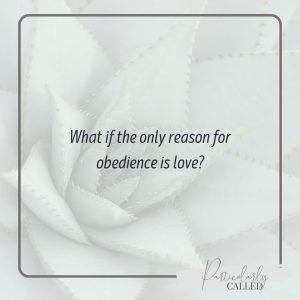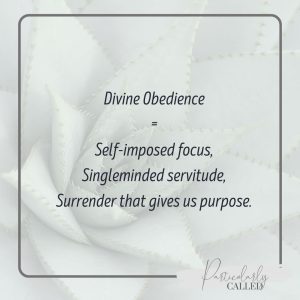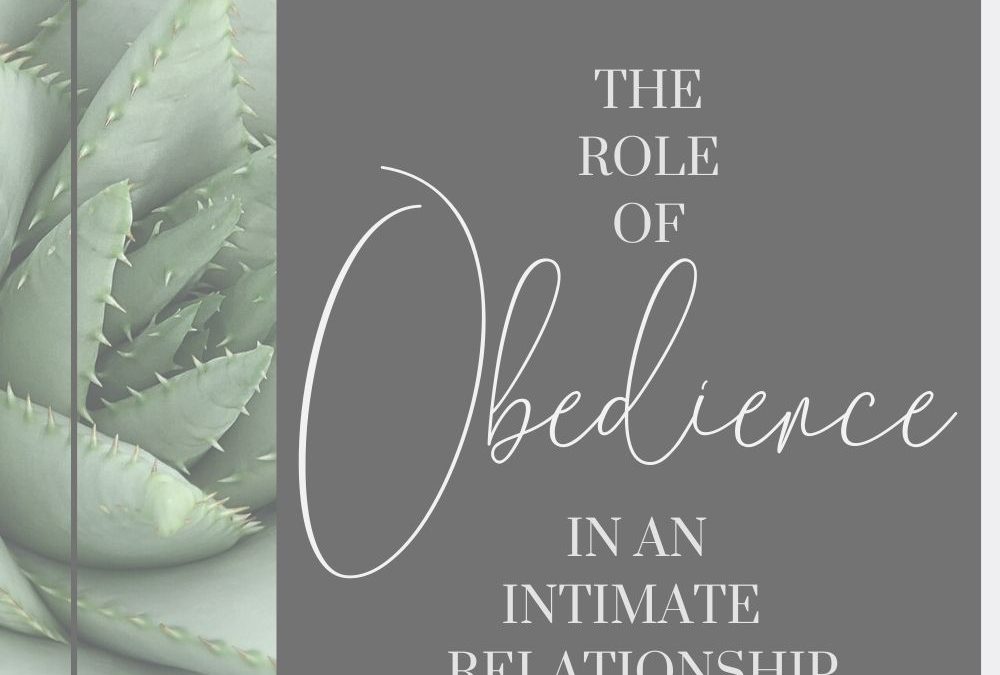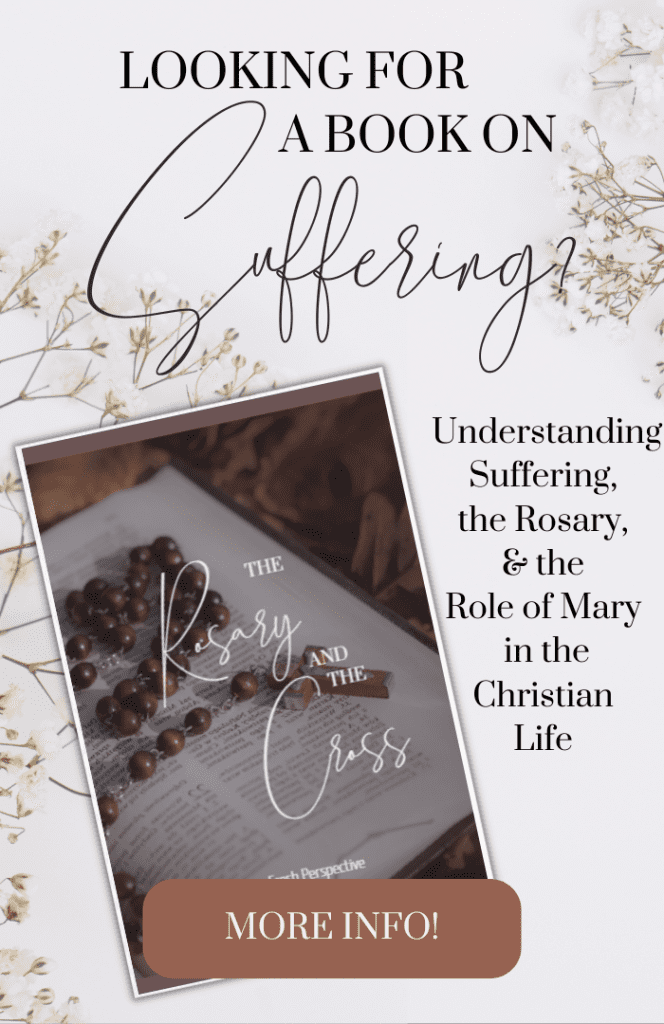I saw a meme on IG just the other day that said, “God isn’t looking for slaves, He’s looking for lovers” and I instantly “hearted” it. What a beautiful, and true, reflection! However, as I reflected, I realized that there is so much more to this story.
The phrase slips easily off the tongue. It resonates, strikes true.
Didn’t Augustine say, “To fall in love with God is the greatest romance”?

Obviously, God is love and intimacy with Him is our chief pursuit. After all, the Master did say, “Therefore, I do not call you slaves, but friends.” – John 15:15
But, how do we reconcile this intimacy, this desire for union, this friendship, and closeness with God with the equally true and deep seeded desire to understand “God’s will” and know that God has a plan for us that is bigger than ourselves and gives life meaning, value, and purpose?
What about John 13:13 where Our Lord says, “You call me ‘teacher’ and ‘master’, and rightly so, for indeed, I am”?
How can we take a simple pithy statement from a meme we see in passing and instantly cast off 1800+ years of spiritual greats who have given every last drop of their blood sweat and tears to defend this title of “slavery” and filial obedience as a badge of honor?
Were they all just wrong and somehow we all spent the last 20 centuries with a twisted vision of God?
That seems hard to swallow as well.
What about Jesus’ outcry in the garden of Gethsemane, “Father, if it is possible, let this cup pass from me, yet not as I will but as you will.” (Matthew 26:39) and then, shortly afterward, a second time, “My Father, if it is not possible that this cup should pass from me without my drinking it, your will be done” (Matthew 26:42)?
Clearly, Jesus Himself couldn’t be “wrong” about the character of God!
I seek not my own will but the will of the one who sent me. – John 5:30
I have come down from heaven not to do my own will but the will of the Father who sent me – John 6:38
My food is to do the will of Him who sent me – John 4:34
Not everyone who says to me, ‘Lord, Lord’ will enter the kingdom of heaven, but only the one who does the will of my Father who is in heaven” – Matthew 7:21
My question is, why do love and obedience have to be mutually exclusive?
Maybe juxtaposing them as opposites actually destroys the true possibility for depth and understanding to be had here.
What if the only reason for obedience IS love?

What if God’s plan IS intimacy and closeness with as many people as possible? And our calling is simply to witness to that and facilitate such a relationship?
If everything were easy, if what we are called to do were even conceivable for a human being to accomplish, then our actions would not be proof of God. If they were comfortable, then they would not be proof of love.

He calls you because He desires you. He sends you out, because you desire Him.
Peter, do you love me, feed my sheep. – John 21:15

It is my honor to go, to be sent out, to be entrusted. It is my honor to love Him and shout it from the rooftops. It is my sole desire to be His and His alone, and this is why I voluntarily dedicate myself to His “service” with my whole being. He does not oblige me like a slave, a master we might envision in a history book, but rather I consecrate myself – every thought, every word, every action – to His purpose, to His desire that all might come to know Him and experience this same intimacy.

On Slavery, Intimacy, and Passion
Practically speaking:
Service to God is not a tyrannical slavery to appease an angry deity in an effort to avoid hellfire and brimstone, but rather a self-imposed focus, a “singlemindedness in his service” supported by Matthew 6:24: “No one can serve two masters”.
A second reason it might be called “slavery” is that, since the service is rendered from a place of pure passion, the “slave” does not seek “compensation” in the sense of the “laborer that deserves his payment” (Luke 10:7). They are simply a lover who thinks not of themselves but rather of the lengths they are willing to go for their beloved.

We might also be confused about slavery because of the negative connotations associated with the word. Because of recent history, we most often hear of violence, subjection, and wars fought to end such horrible injustices. But we have to remember, the term “slavery” in the context of God was coined LONG before the KKK was a thing. This modern connotation makes us think of slavery as being stripped of our will and our freedom involuntarily, when in the case of divine servitude, this couldn’t be further from the truth. Such obedience is more “self-imposed”.
Rather than being something that strips us of our free will, surrender becomes the burning single desire that captivates us, motivates us, and fuels every moment of every day and gives us purpose.
Maybe this is why the ultimate act of obedience wasn’t called obedience, but rather “the Passion”.
O Lord, truly I am Your servant; I am Your servant, the son of Your handmaid; You have loosed my bonds. – Psalm 116:16


